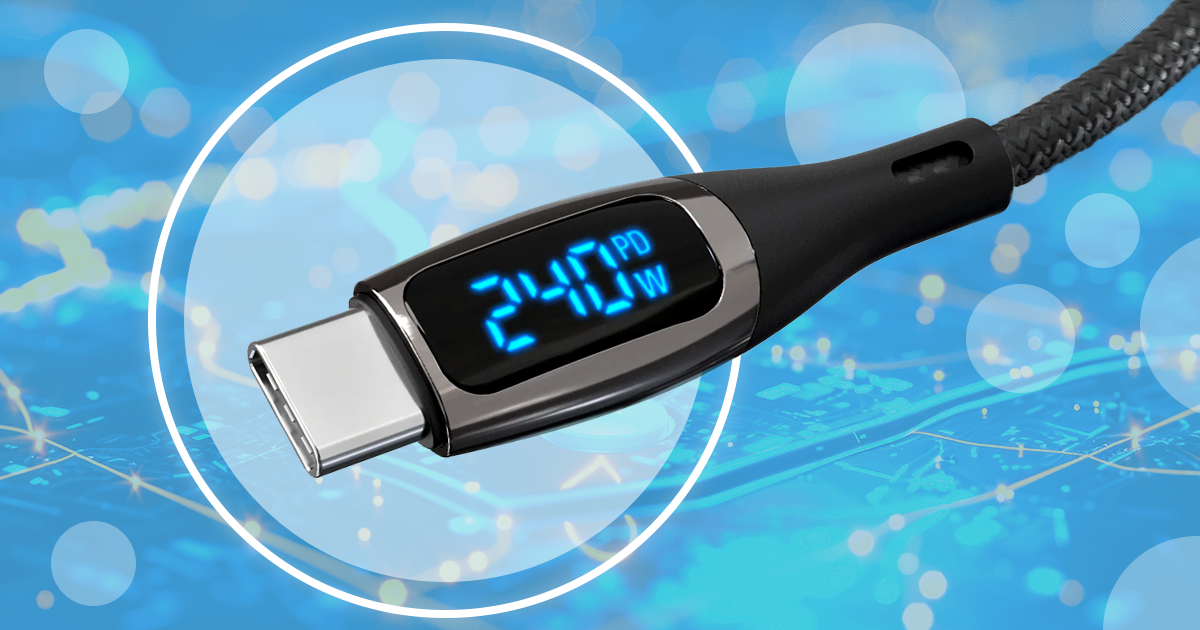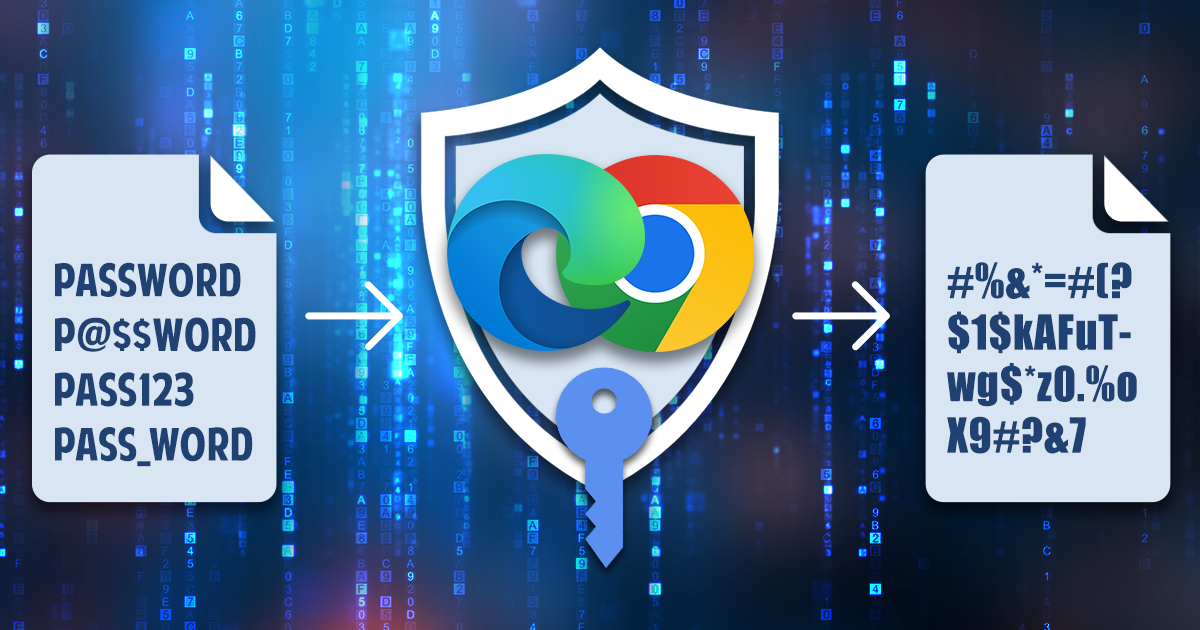Note to PGP legal dept: I’m not going to put the ® sign every time when I mention PGP. I’m just tired; we already did that in our press release and on our web site, and I think it’s enough. No, really? Well, I’ll repeat one more time: all names like PGP are trademarks or registered trademarks of their respective owners in the UK, USA, Russia and probably somewhere else – e.g. in Albania. There are too many countries to mention, sorry :). Why should I care about (R)? Keep reading, and you’ll see the reason.
17" screen, Intel Core 2 Extreme processor (four cores) plus NVIDIA GeForce GTX 260M — an excellent device not only for gaming, but also for wardriving. Get it from Sager, and just add Wireless Security Auditor.
And now…. we have Rainbow Tables for Microsoft Excel docs with 40-bit encryption. So, it became possible to reach near-instant recovery of 97% of spreadsheets created in MS Excel 97-2003. Unfortunately, due to specificity of Excel spreadsheets format it’s unreal to get 100%-recovery, still, you can use brute force to cover the rest 3%.
According to CNET News, Office 14 technical preview will be available in Q3, and release version in the first half of 2010; Office 2010 will come in both 32-bit and 64-bit versions.
Strong passwords are mutated passwords. Everyone who publishes recommendations on creating secure password says that you have to use both upper- and lower-case letters and inject some tricky special characters. Such recommendations may result in p@$$words and pAsswOrds, and p_a_s_s_w_o_r_d_s. The fact is that modern password recovery software uses dictionary attack to get one’s password back. Dictionary attack means searching lists of dictionary words and common phrases that can be found on the Internet or delivered with the software. It is easy to grab that dictionary words and word phrases make bad passwords, but one has to understand that adding special characters to these words and phrases does’t do them any good. Such password can be easily cracked when smart mutations option is on.


